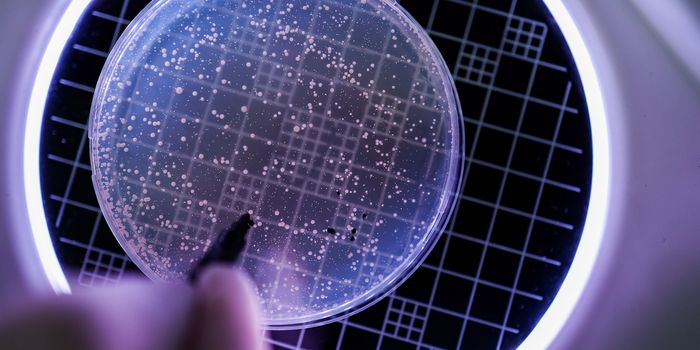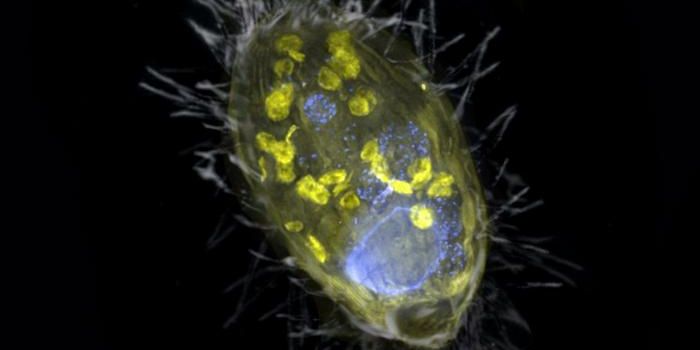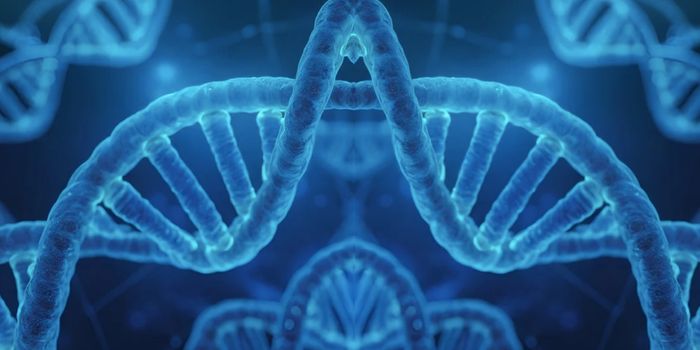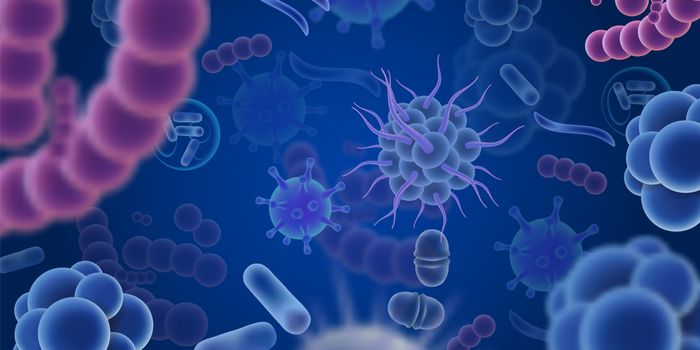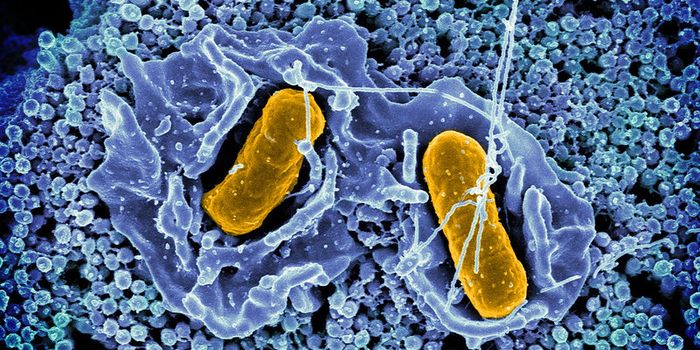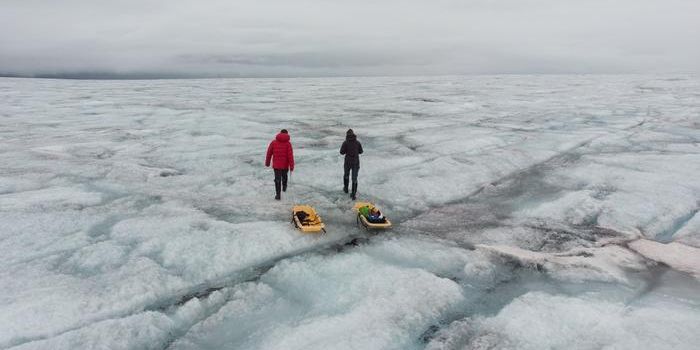Microbes Can Make Changes to Bile Acids That Alter Gene Expression
We are all home to a unique community of microorganisms, and the ones that live in the gastrointestinal tract, the gut microbiome, don't only help us digest food and absorb nutrients. Research has shown that these microbes have a powerful effect on our health. There are many species of bacteria, fungi, archaea, and viruses that can live in the human gut, which carry their own genomes and can generate and release biologically active molecules. Scientists have now made a map of the molecules in mouse organs, and shown how microbes affect them. This effort revealed that microbes can influence how bile acids are structured in mice as well as humans, which might be impacting cellular function and influencing the risk of developing disease. The findings have been reported in Nature.
The video shows the location of molecules that were modified by microbes.
This shift in how molecules like bile acids are structured may impact how cells communicat and which genes are active at any time, said the study co-leader Pieter Dorrestein, Ph.D., professor and director of the Collaborative Mass Spectrometry Innovation Center in the Skaggs School of Pharmacy and Pharmaceutical Sciences at UC San Diego. "We hear a lot about how our own human genes influence our health and behaviors, so it may come as a shock to think that we could have molecules in the body that look and act the way they do not because of our genes, but because of another living organism," Dorrestein said.
In this research, the scientists compared mice without gut microbes to mice with normal microbiomes, and used a tool called mass spectrometry to identify as many molecules as possible in every mouse organ. To do so, they used a crowdsourced mass spectrometry repository they created called the GNPS database. They also connected these molecules to living microbes using genetic tools. The map was created after analyzing 768 samples harvested from 96 places on 29 organs from four mice without microbes and four with microbes. The gut microbiome determined up to 70 percent of the chemistry of a mouse gut, and even distant organs like the brain were affected; around 20 percent of molecules there were different in mice that harbored gut microbes.
Bile acids aid in the digestion of fats and oils, and can carry messages around the body. The amino acids glycine and taurine are added to bile acids by the liver. The researchers found that in mice with microbes, bile acids were also tagged with amino acids phenylalanine, tyrosine, and leucine, suggesting that gut microbes can also alter bile acids.
"More than 42,000 research papers have been published about bile acids over the course of 170 years," said study co-leader Robert Quinn, Ph.D., assistant professor at Michigan State University. "And yet these modifications had been overlooked."
To look for these effects in humans, the researchers queried public datasets and the American Gut Project with a tool they engineered called the Mass Spectrometry Search Tool (MASST). These unusually-modified bile acids were found in 25.3 percent of the datasets, and were present at higher levels in people with inflammatory bowel disease or cystic fibrosis.
Bile acids can also bind to farnesoid X receptors, which inhibit genes that are involved in bile acid production. Bile acids modified by microbes were found to have a powerful stimulatory effect in these receptors.
"This study provides a clear example of how microbes can influence the expression of human genes," Dorrestein said. "What we still don't know is the downstream consequences this could have, or how we might be able to intervene to improve human health."
Sources: AAAS/Eurekalert! via University of California - San Diego, Nature

